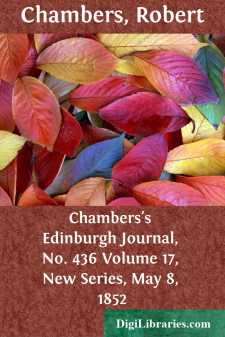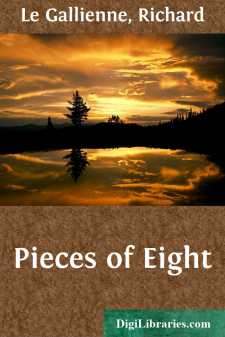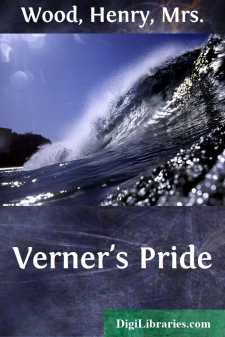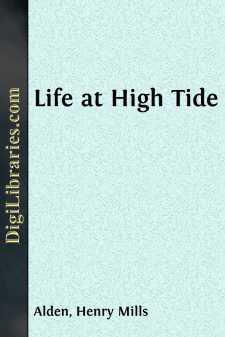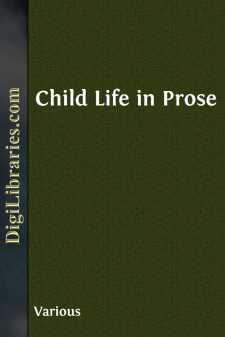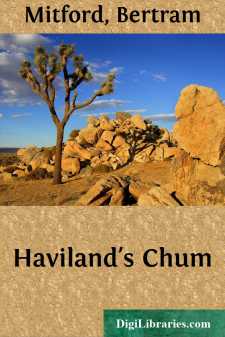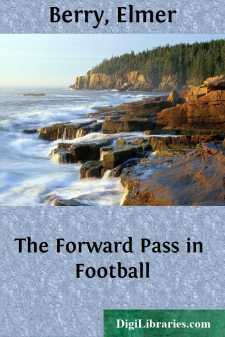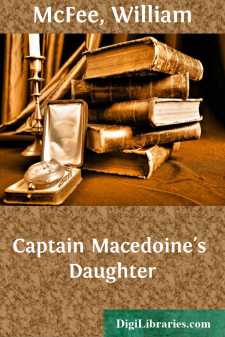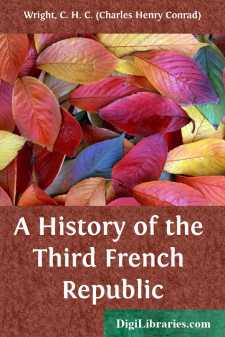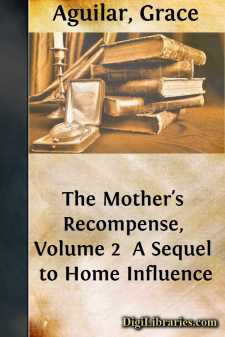Fiction
- Action & Adventure 182
- Biographical 15
- Christian 59
- Classics
- Coming of Age 4
- Contemporary Women 1
- Erotica 9
- Espionage/Intrigue 12
- Fairy Tales, Folklore & Mythology 235
- Family Life 169
- Fantasy 117
- Gay 1
- General 596
- Ghost 32
- Historical 808
- Horror 42
- Humorous 160
- Jewish 25
- Legal 4
- Medical 22
- Mystery & Detective 314
- Political 49
- Psychological 41
- Religious 64
- Romance 158
- Sagas 11
- Science Fiction 730
- Sea Stories 113
- Short Stories (single author) 537
- Sports 10
- Suspense 1
- Technological 8
- Thrillers 2
- Urban Life 29
- Visionary & Metaphysical 1
- War & Military 173
- Westerns 199
Classics Books
Sort by:
by:
Robert Chambers
THE MUSICAL SEASON. 'The English are not a musical people.' The dictum long stood unquestioned, and, in general estimation, unquestionable. All the world had agreed upon it. There could be no two opinions: we had no national airs; no national taste; no national appreciation of sweet sounds; musically, we were blocks! At length, however, the creed began to be called in question—were we so...
more...
CHAPTER I Introduces the Secretary to the Treasury of His Britannic Majesty's Government at Nassau, New Providence, Bahama Islands. Some few years ago—to be precise, it was during the summer of 1903—I was paying what must have seemed like an interminable visit to my old friend John Saunders, who at that time filled with becoming dignity the high-sounding office of Secretary to the Treasury of...
more...
by:
Henry Wood
CHAPTER I. RACHEL FROST. The slanting rays of the afternoon sun, drawing towards the horizon, fell on a fair scene of country life; flickering through the young foliage of the oak and lime trees, touching the budding hedges, resting on the growing grass, all so lovely in their early green, and lighting up with flashes of yellow fire the windows of the fine mansion, that, rising on a gentle eminence,...
more...
THE IMMEDIATE JEWEL BY MARGARET DELAND "Good name, in man and woman, dear my lord, Is the immediate jewel of their souls." —Othello. I When James Graham, carpenter, enlisted, it was with the assurance that if he lost his life his grateful country would provide for his widow. He did lose it, and Mrs. Graham received, in...
more...
by:
Various
PREFACE. The unexpectedly favorable reception of the poetical compilation entitled "Child Life" has induced its publishers to call for the preparation of a companion volume of prose stories and sketches, gathered, like the former, from the literature of widely separated nationalities and periods. Illness, preoccupation, and the inertia of unelastic years would have deterred me from the...
more...
by:
Bertram Mitford
Chapter One. The New Boy. “Hi! Blacky! Here—hold hard. D’you hear, Snowball?” The last peremptorily. He thus addressed, paused, turned, and eyed somewhat doubtfully, not without a tinge of apprehension, the group of boys who thus hailed him. “What’s your name?” pursued the latter, “Caesar, Pompey, Snowball—what?” “Or Uncle Tom?” came another suggestion. “I—new boy,” was...
more...
by:
Elmer Berry
Introduction. The history of football has been a story of limiting the power of the offense. The defense has never been restricted, never curtailed, never hampered, always free to line up as it chose, to go when it pleased (barring offside), where it pleased and do practically as it pleased. Always the offense has been too strong, too powerful, and there has been the necessity of legal restrictions...
more...
by:
William McFee
There is an hour or so before the train comes puffing round the curve of the Gulf from Cordelio, and you are gone down into the garden for a while because the mosquitoes become tiresome later, and the great shadows of the cypresses are vanishing as the sun sinks behind the purple islands beyond the headlands. You will stay there for a while among the roses and jasmine, and then you will come in and...
more...
CHAPTER I THE ANTECEDENTS OF THE FRANCO-PRUSSIAN WAR Two men were largely responsible, each in his own way, for the third French Republic, Napoleon III and Bismarck. The one, endeavoring partly at his wife's instigation to renew the prestige of a weakening Empire, and the other, furthering the ambitions of the Prussian Kingdom, set in motion the forces which culminated in the Fourth of September....
more...
by:
Grace Aguilar
CHAPTER I. "Who amongst this merry party will become sufficiently sober to assist me in a work of charity?" was Mrs. Hamilton's address, one afternoon, as she entered her daughter's room, where Emmeline, her young friends Lady Florence and Lady Emily Lyle, and even the usually quiet Ellen, were employing themselves in drawing, embroidery, and such light amusements as diligently as the...
more...


